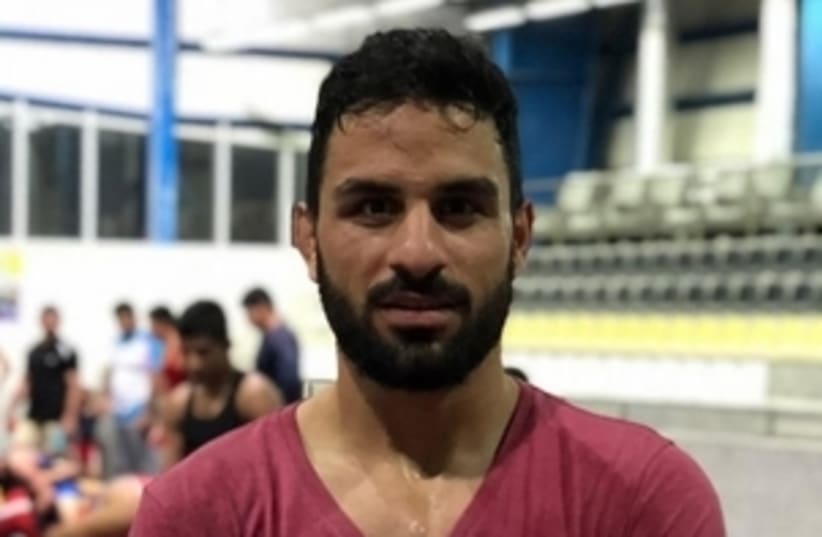Writing Thursday on the website of the American Enterprise Institute’s Critical Threats, Kyra Rauschenbach noted that ”Iran’s security forces are expanding their local presence to deter public displays of dissent. The Islamic Revolutionary Guard Corps (IRGC)’s provincial guard deployed new Basij patrol teams throughout Tehran and the historically restive Arab-majority Khuzestan province to preempt public gatherings in mid-September.”
She added that “the deployments followed the controversial execution of famous wrestler Navid Afkari for his participation in nationwide protests. The provincial guard units, under the command and control of the IRGC Ground Forces, oversee conventional military units and a wide range of sociocultural efforts.”
Rauschenbach said, “Iranian forces also made mass political arrests during and after the November 2019 protests culminating nearly a year later with Navid Afkari’s controversial execution. Iranian media reported that Afkari confessed to murder during a lengthy trial Amnesty International called ‘grossly unfair.’”
Afkari’s execution sparked international outcry and demands from sports organizations to ban the Islamic Republic from 2021 Tokyo Olympics.
The US slapped sanctions on the judges and prisons the judge involved in the execution of Afkari for “gross violations of human rights.” US Secretary of State Mike Pompeo said on September 24: “I determined that Judge Seyyed Mahmoud Sadati, Judge Mohammad Soltani, Branch 1 of the Revolutionary Court of Shiraz, and Adelabad, Orumiyeh, and Vakilabad Prisons were responsible for certain gross violations of human rights. This includes prior incidence of torture or cruel, inhuman or degrading treatment or punishment, arbitrary detentions, and denials of the right to liberty of those seeking only to practice their faith, peacefully assemble, or to express themselves.”
The European Union chose not to sanction Iran’s regime for its execution Afkari.
Rauschenbach said that “Iranian media has sensationalized trials of social dissidents before, drawing out a high-profile trial of opposition writer and French resident Rouhallah Zam after a novel arrest abroad in fall 2019. The regime’s campaign to draw out high-profile trials of civil dissidents is another prong in the larger strategy to intimidate citizens to deter dissent.”
She wrote that “A growing reliance on Basij units trained for riot suppression for everyday security initiatives could backfire, however, if young and highly equipped forces overstep and aggravate the population.”
The AEI analyst added that “The Basij is a paramilitary force that provides manpower to the provincial guards, among other things. The new Basij patrol teams’ deployments mark the latest stage in an ongoing campaign to expand Iran’s security forces’ reach into local communities.”
